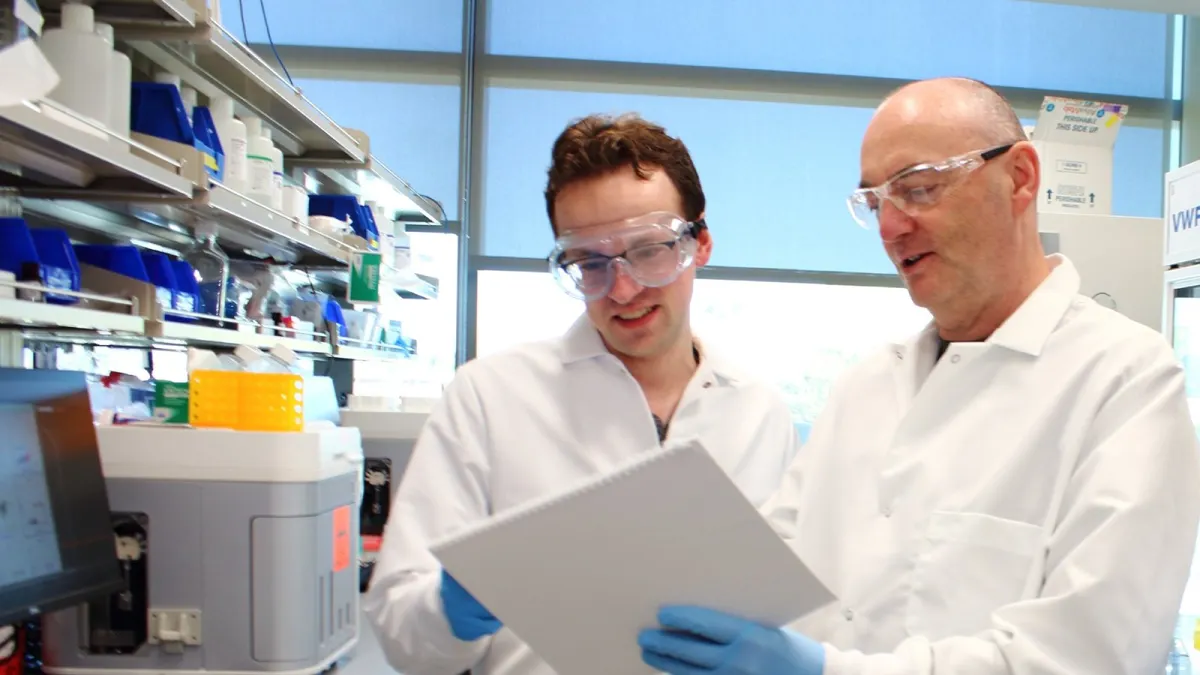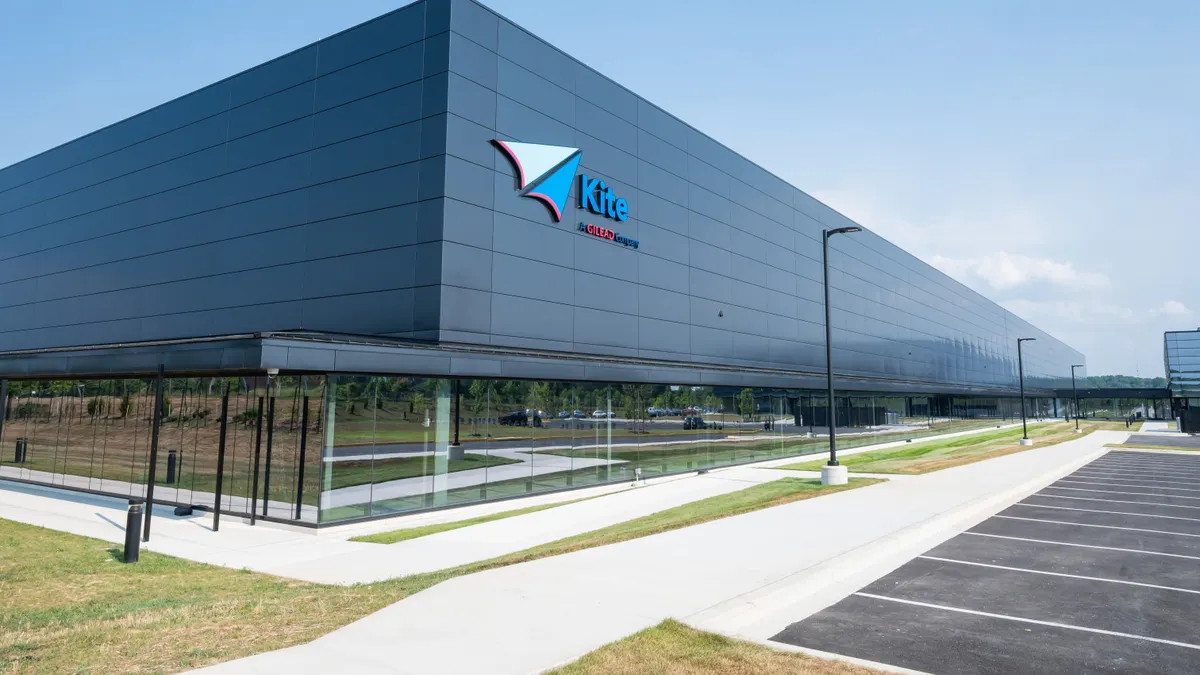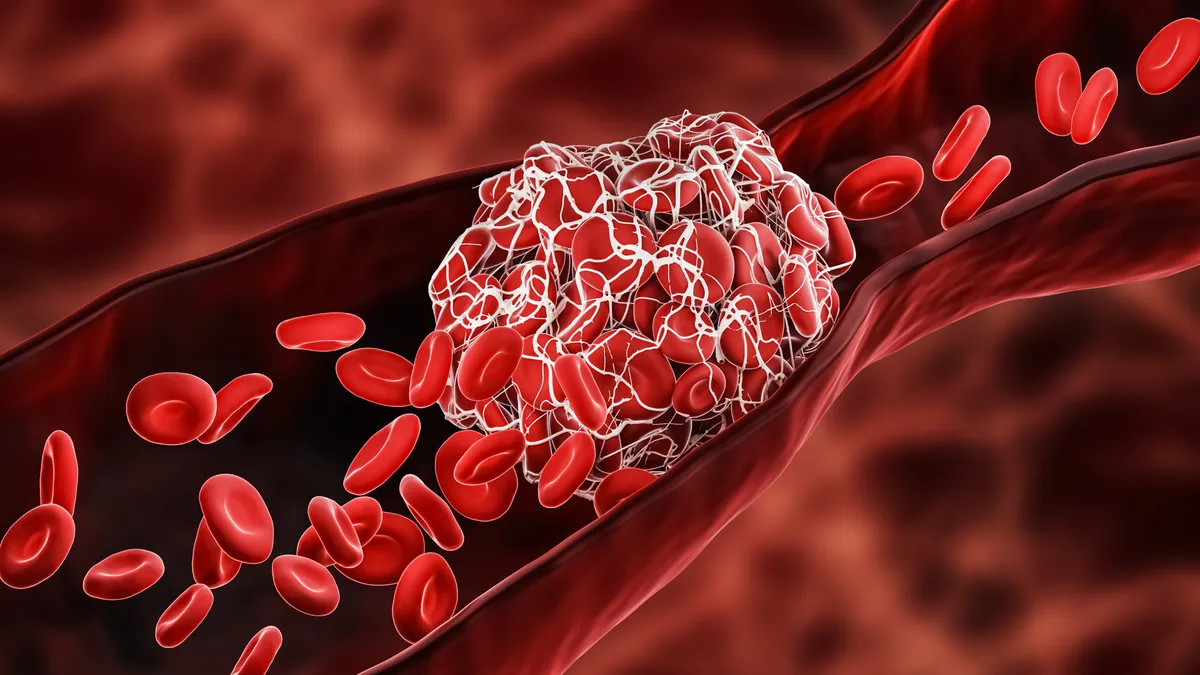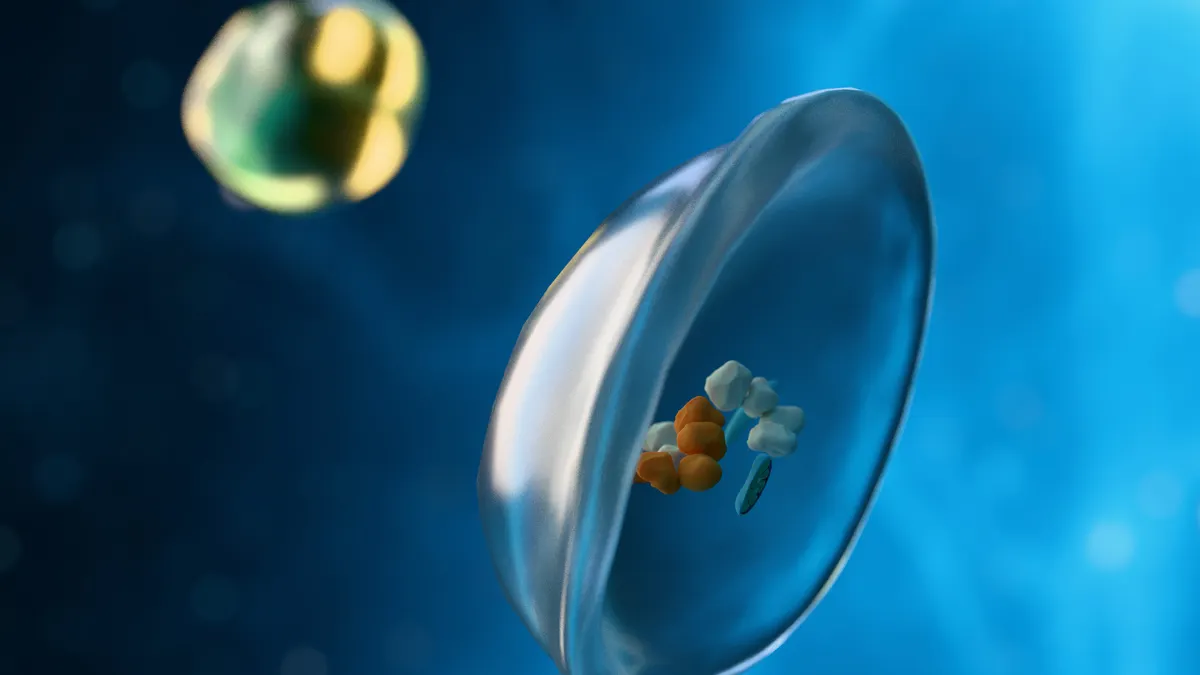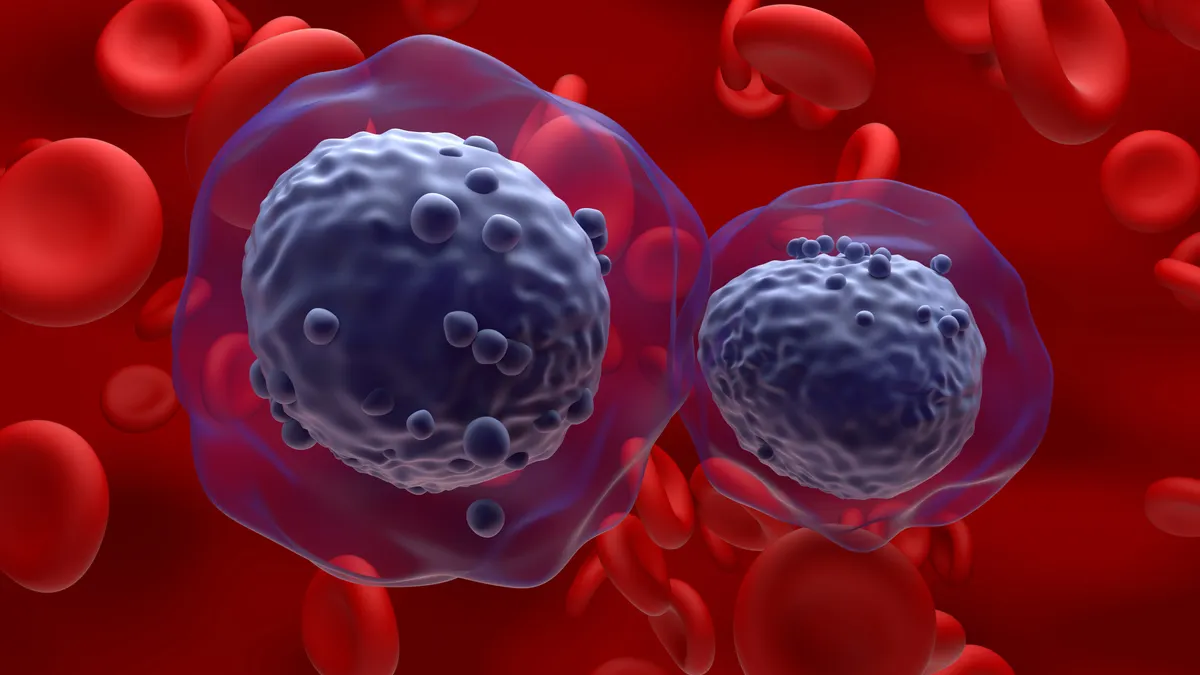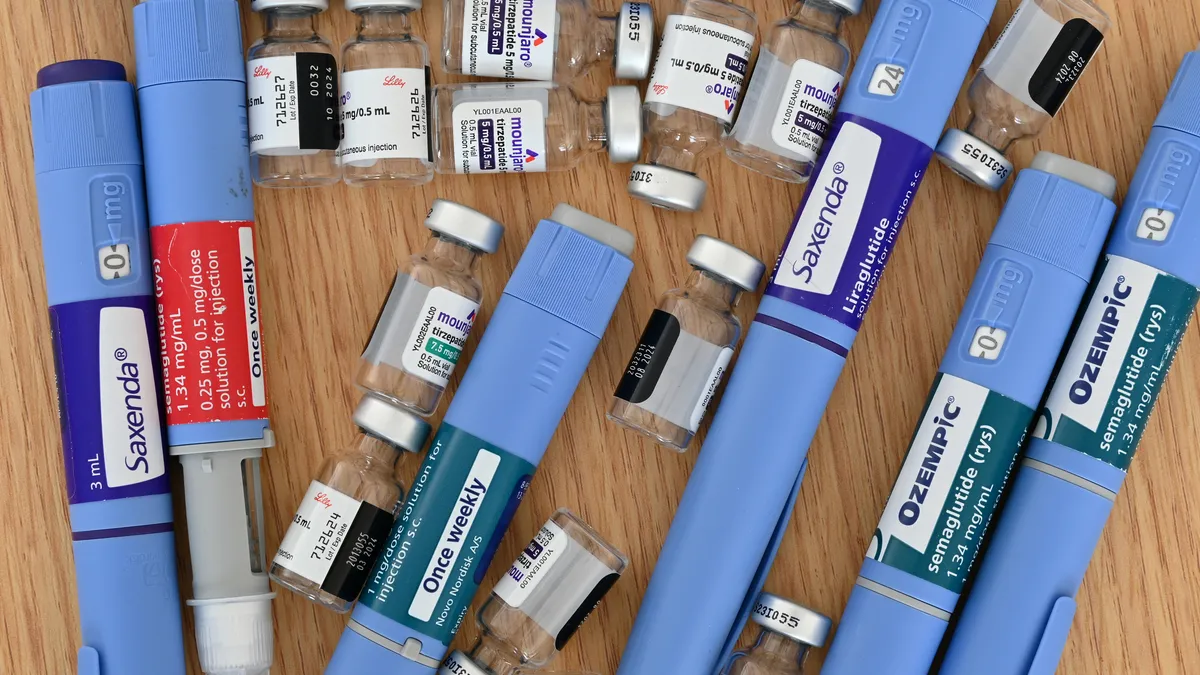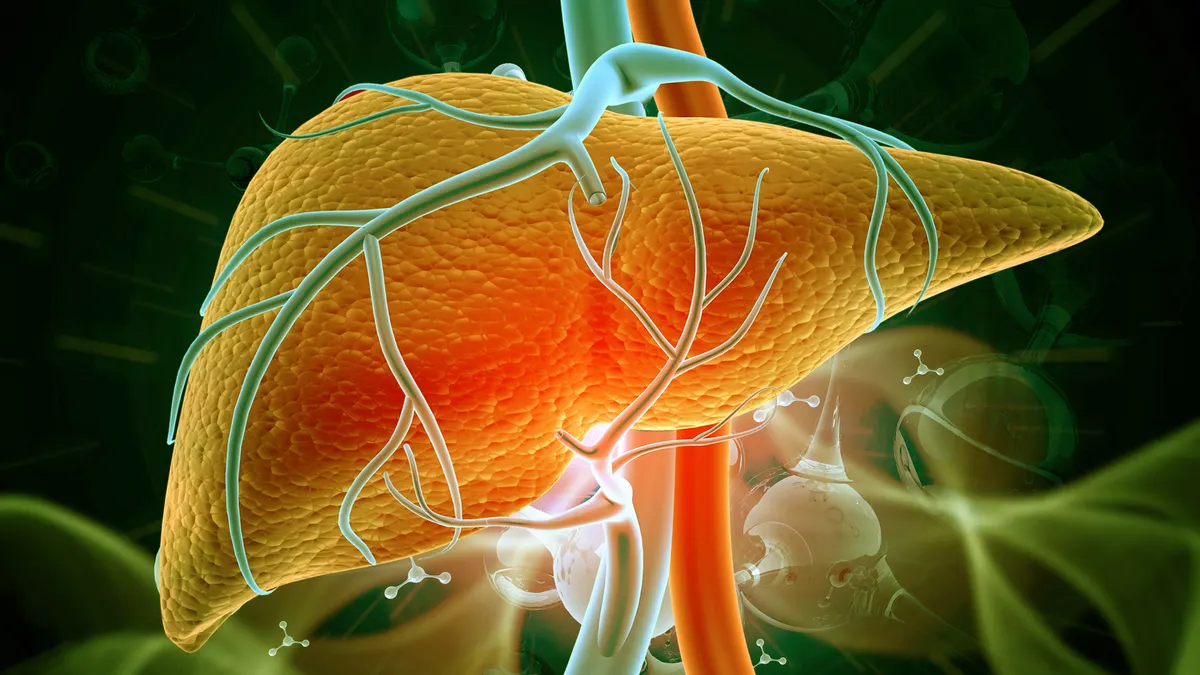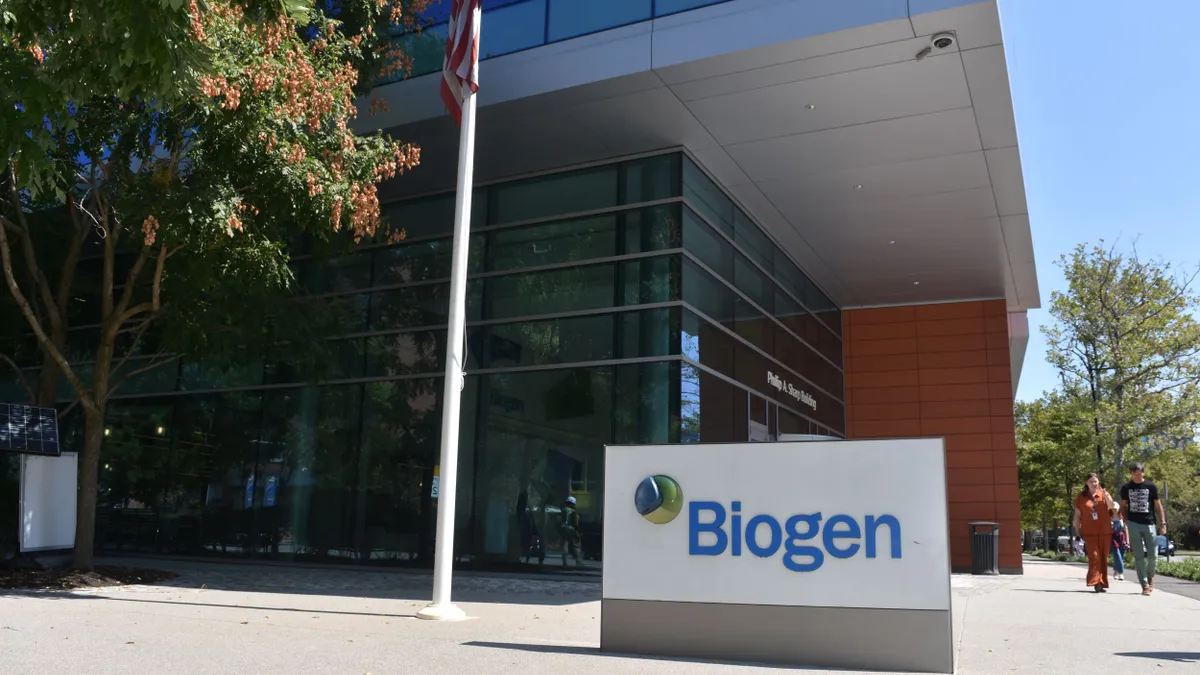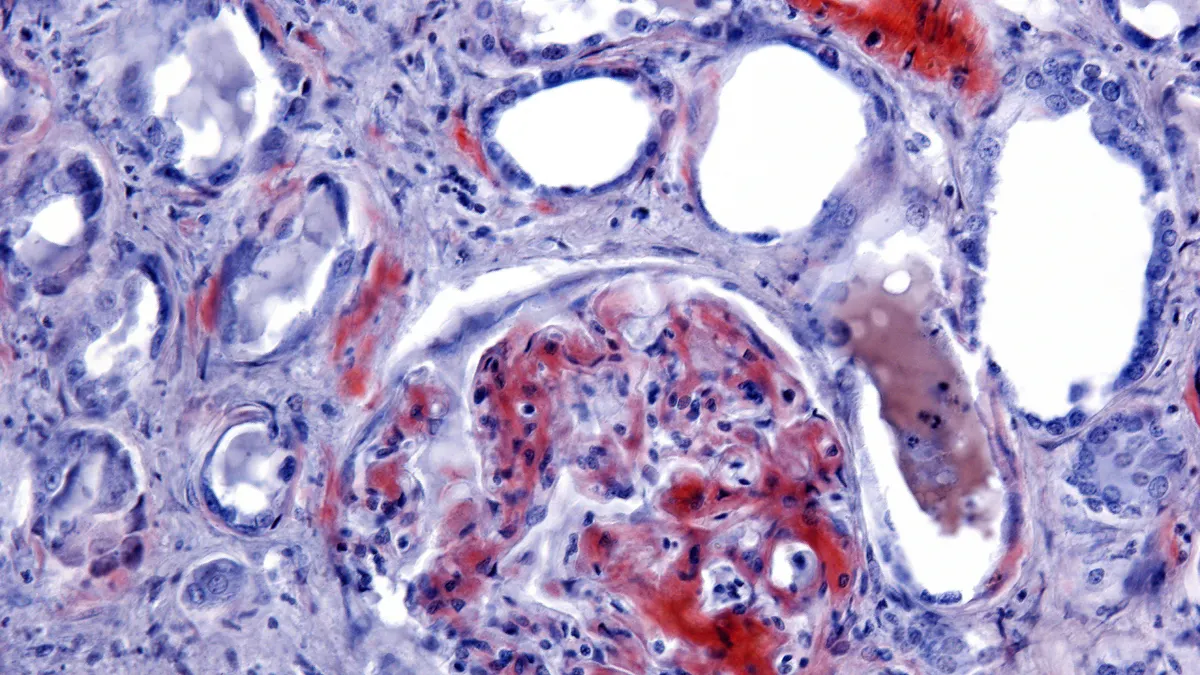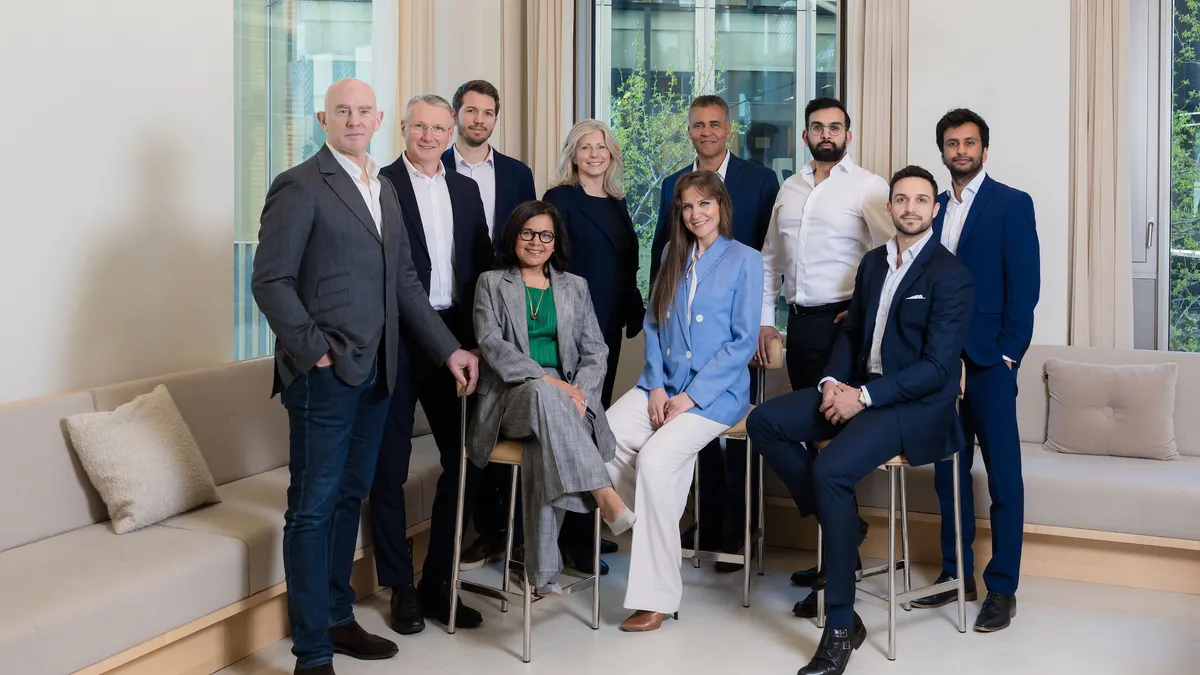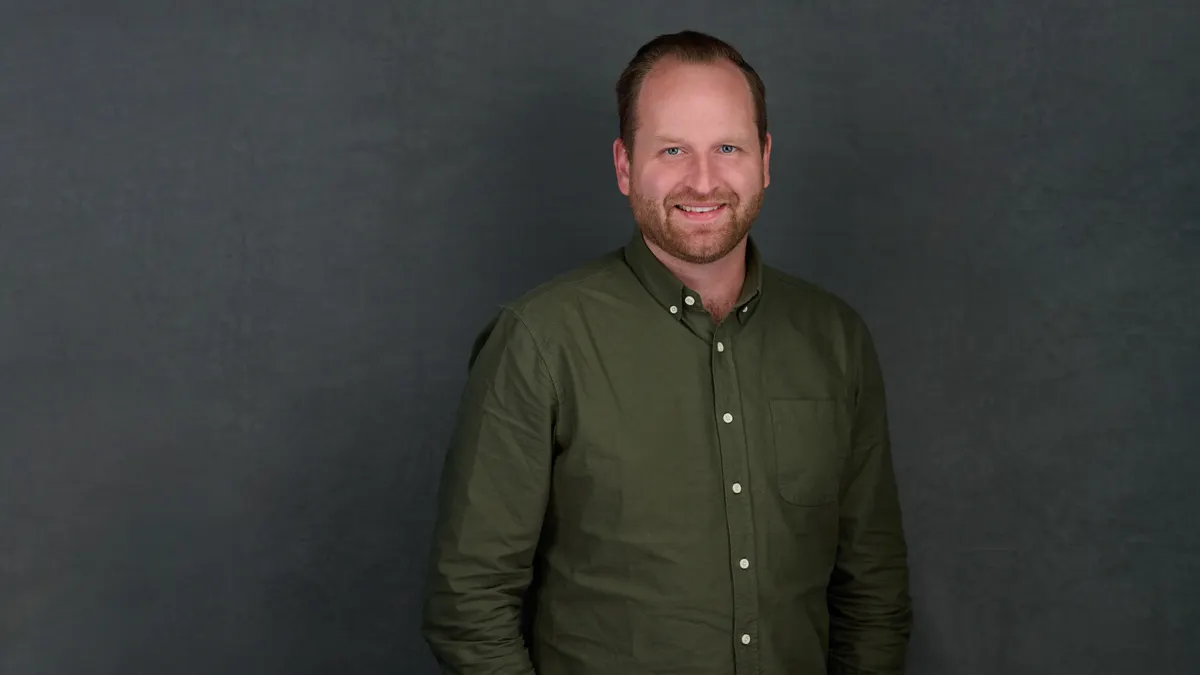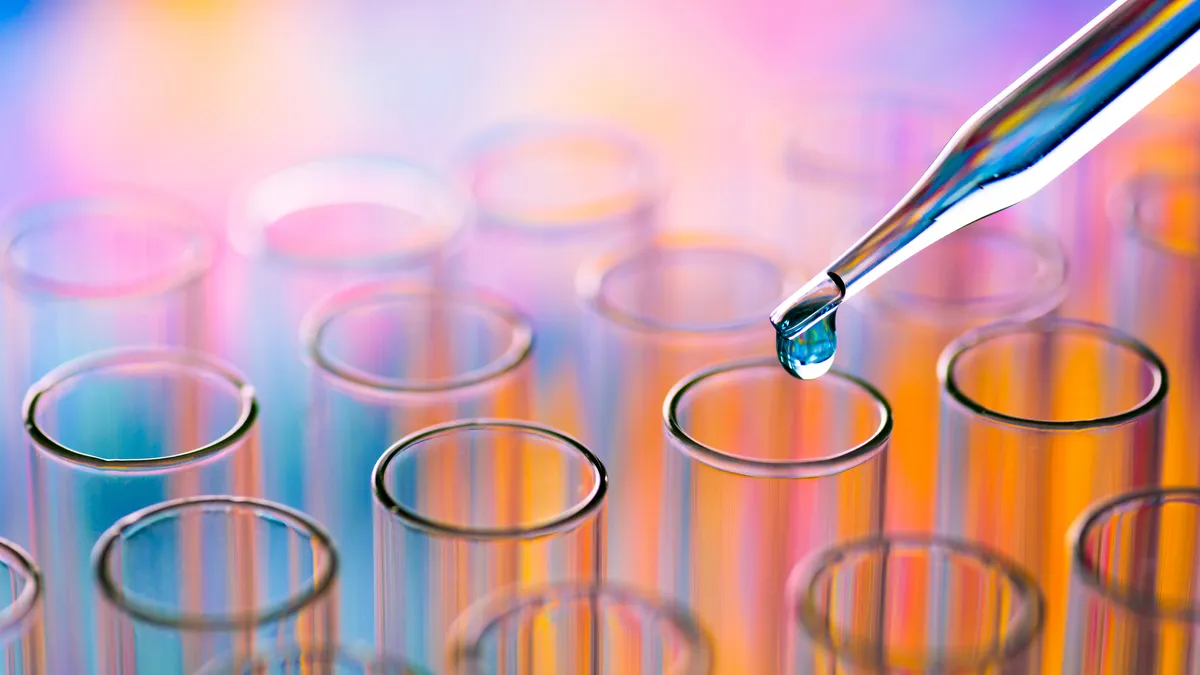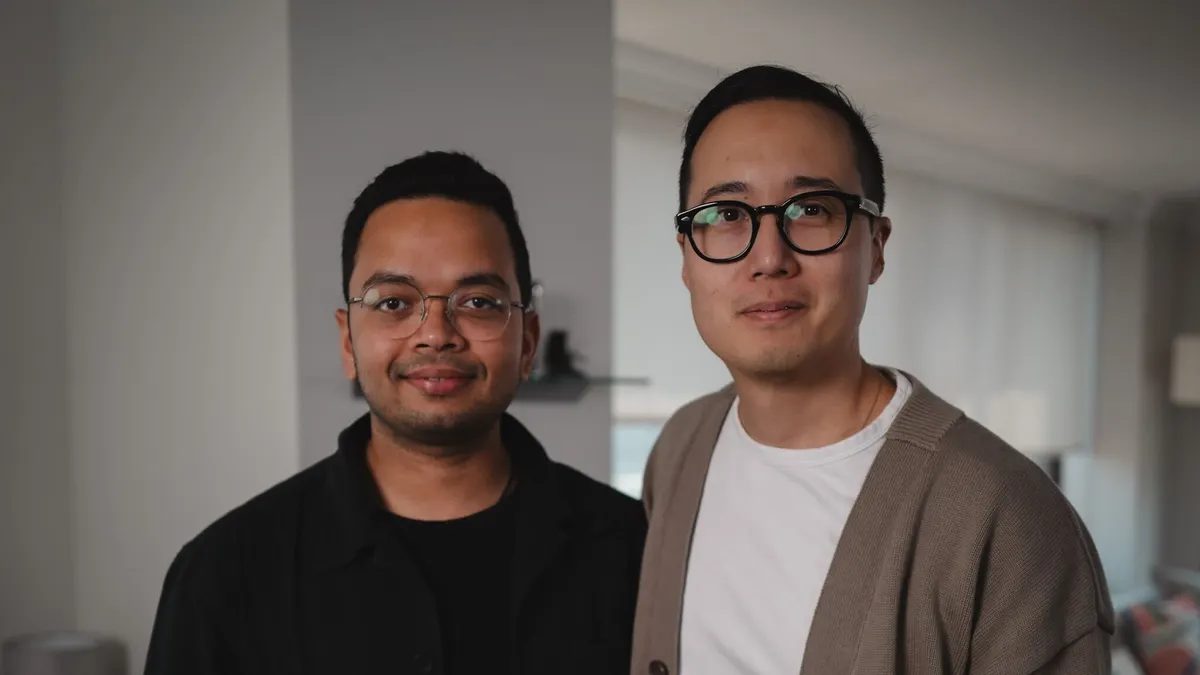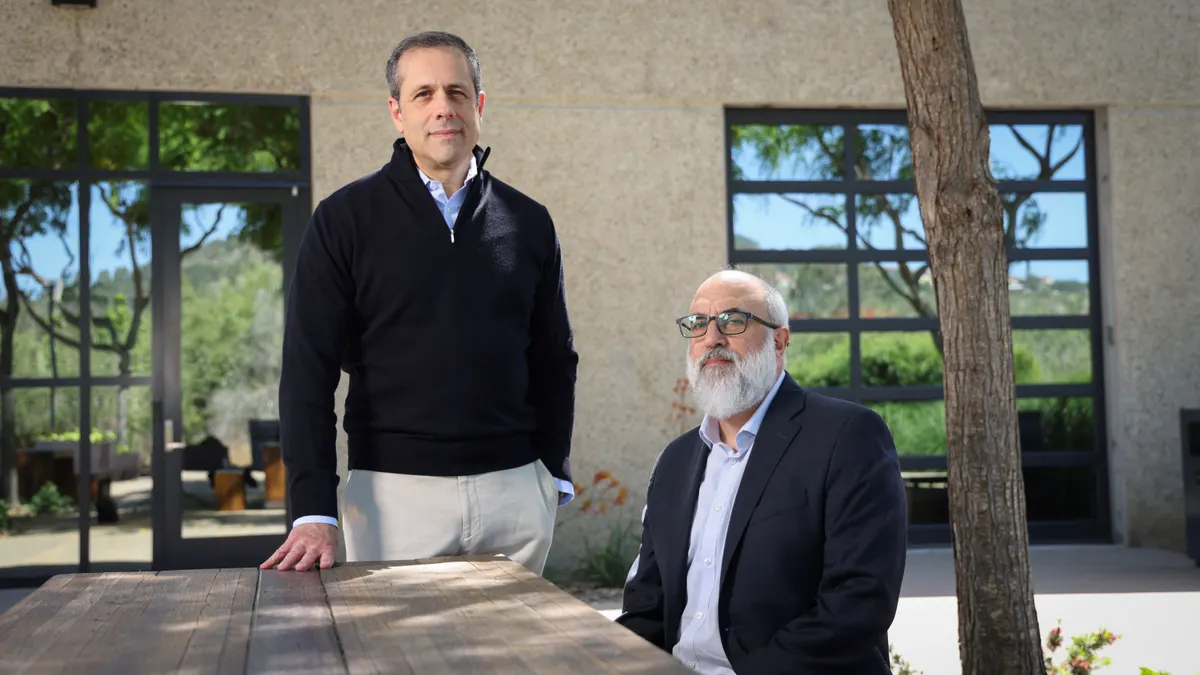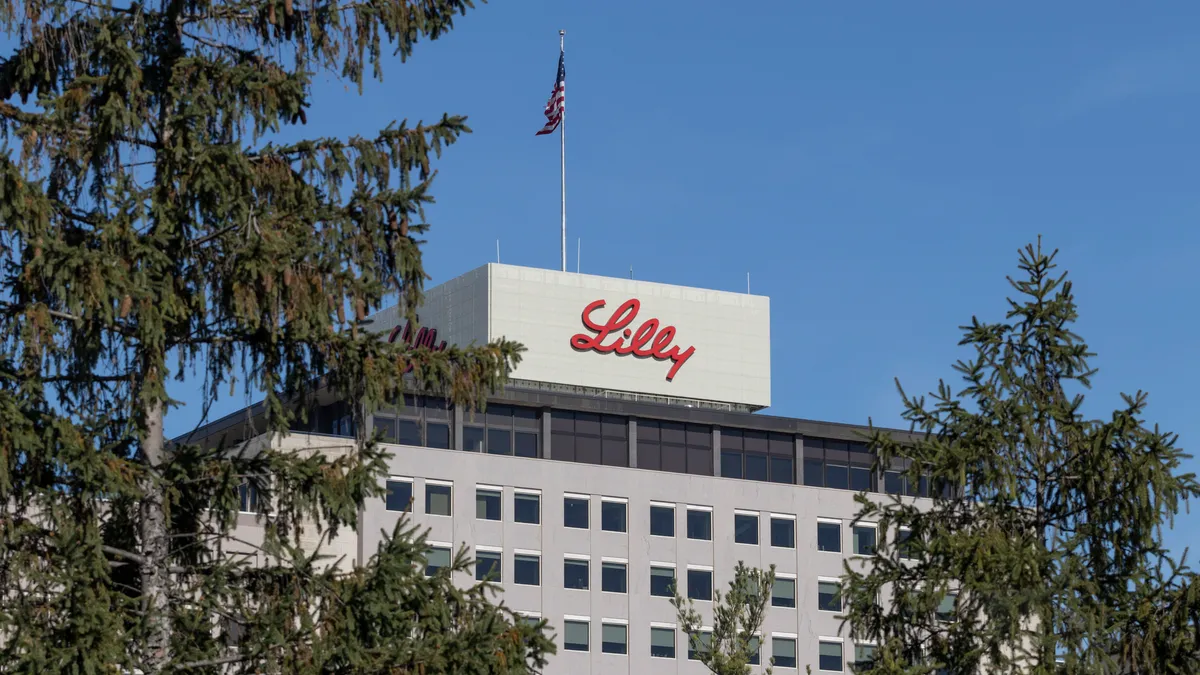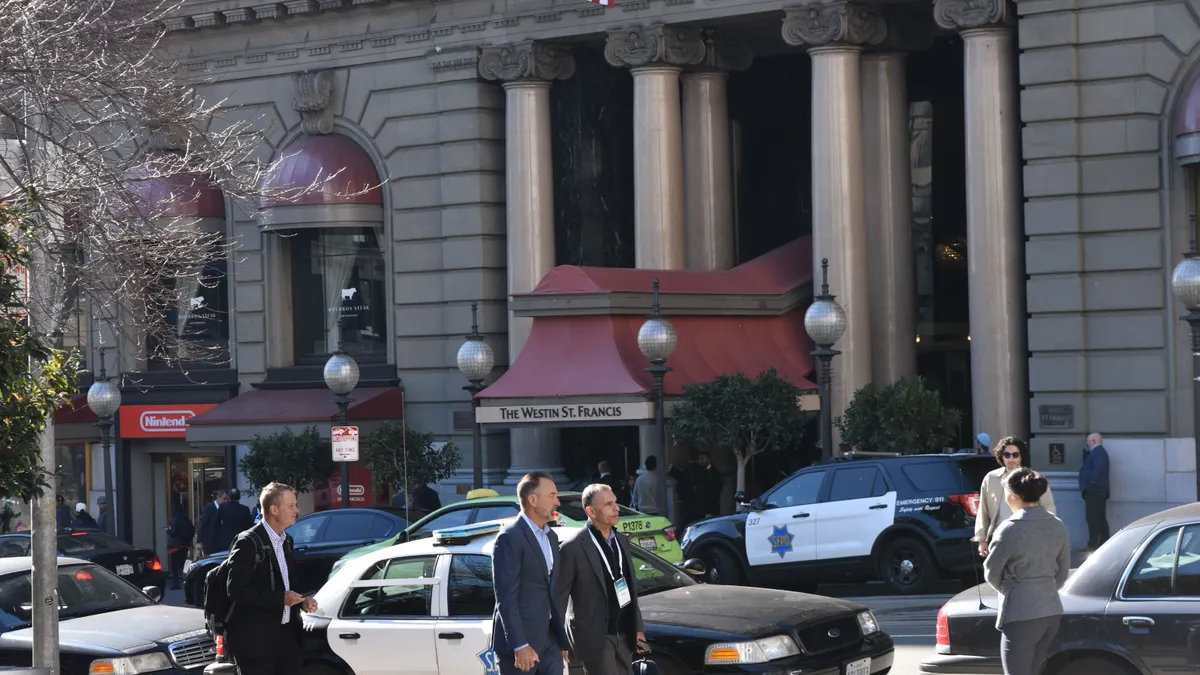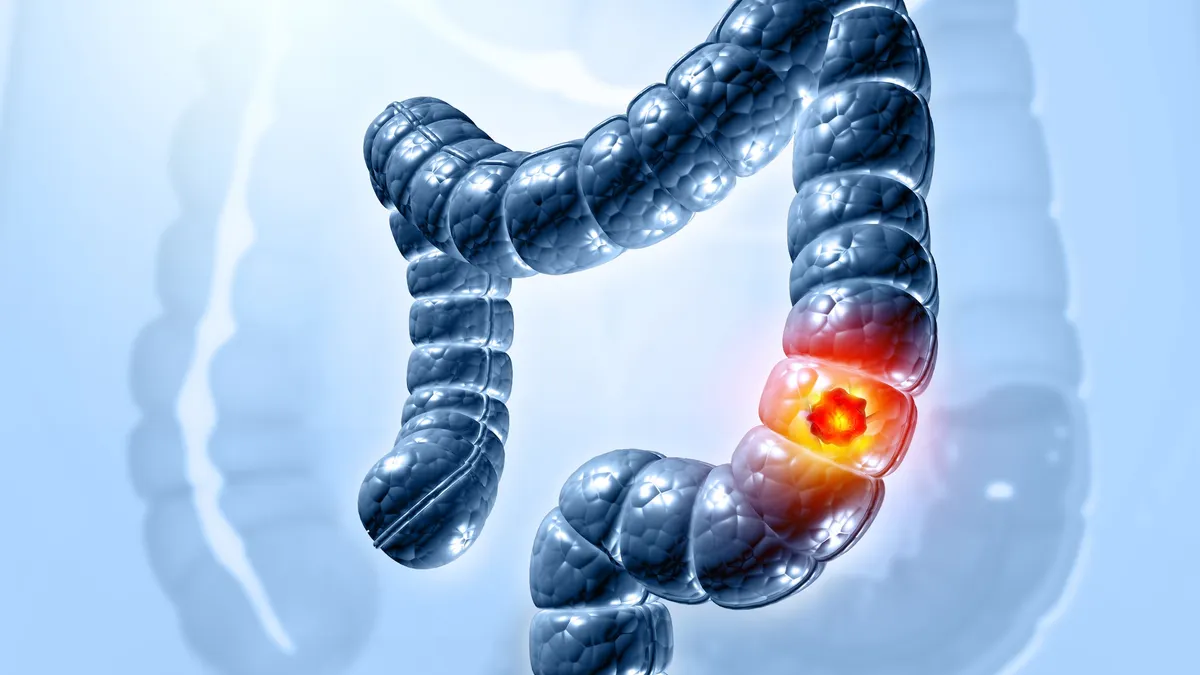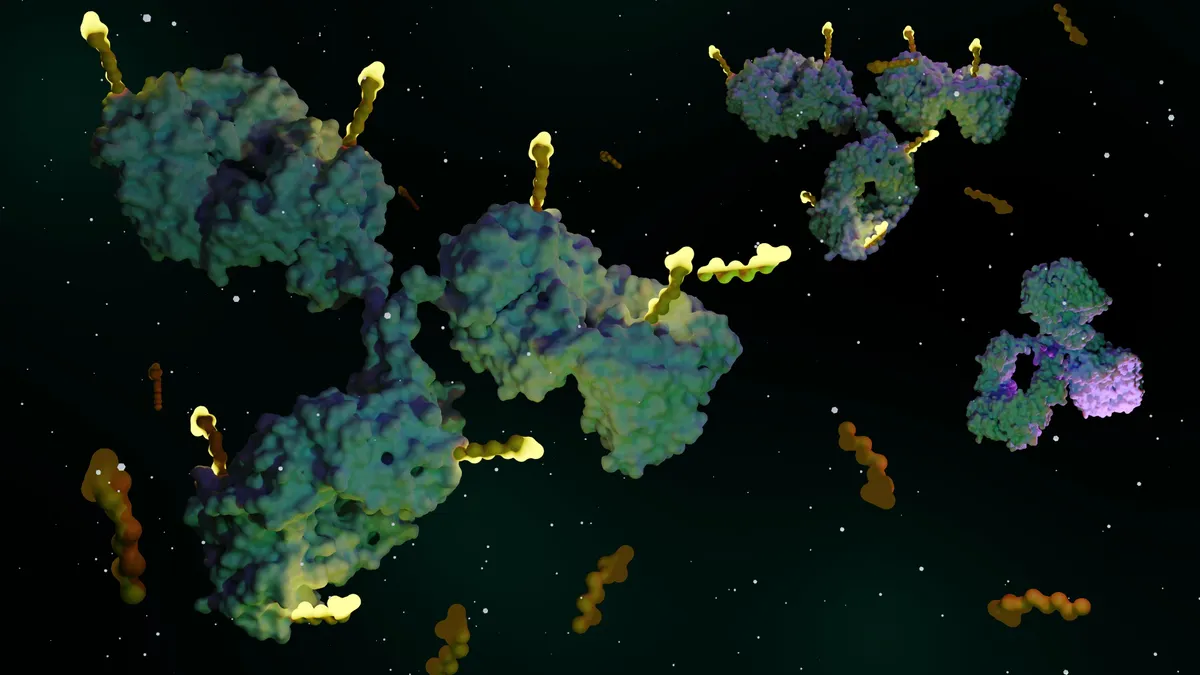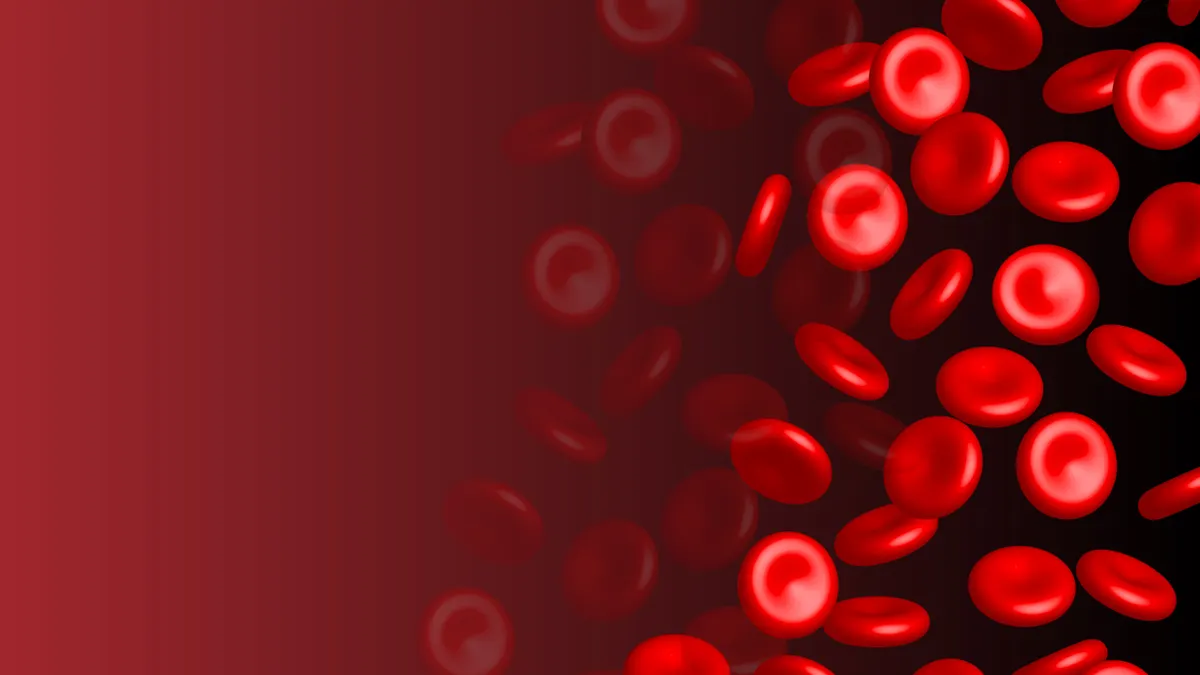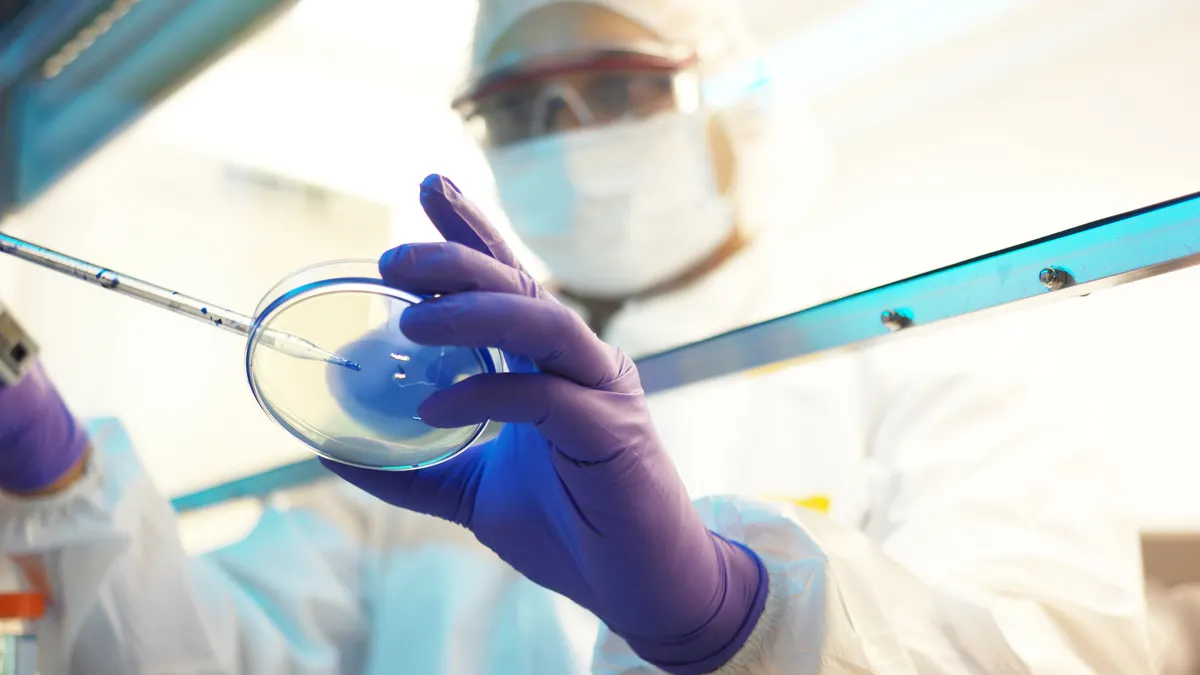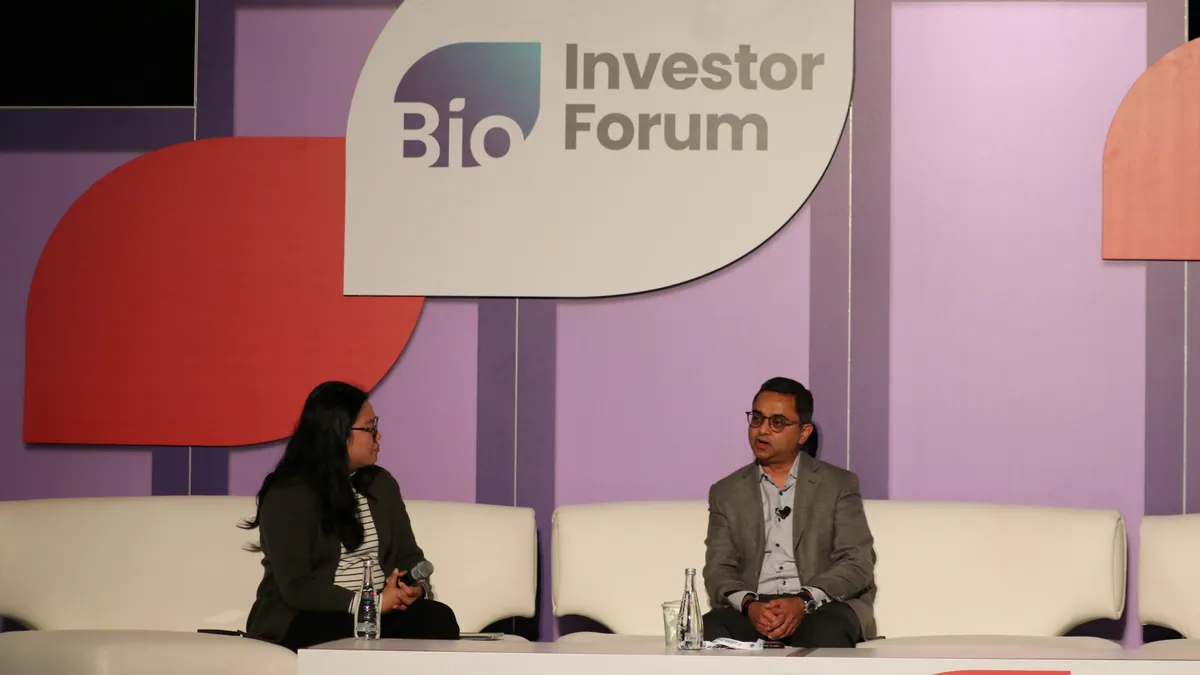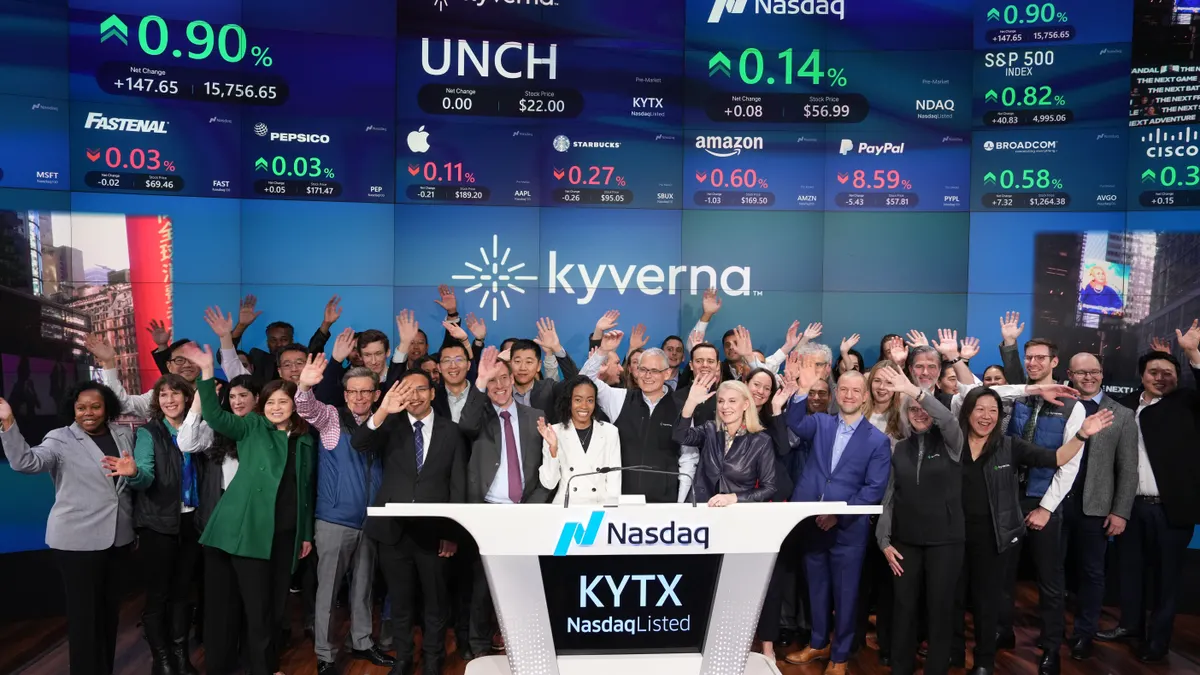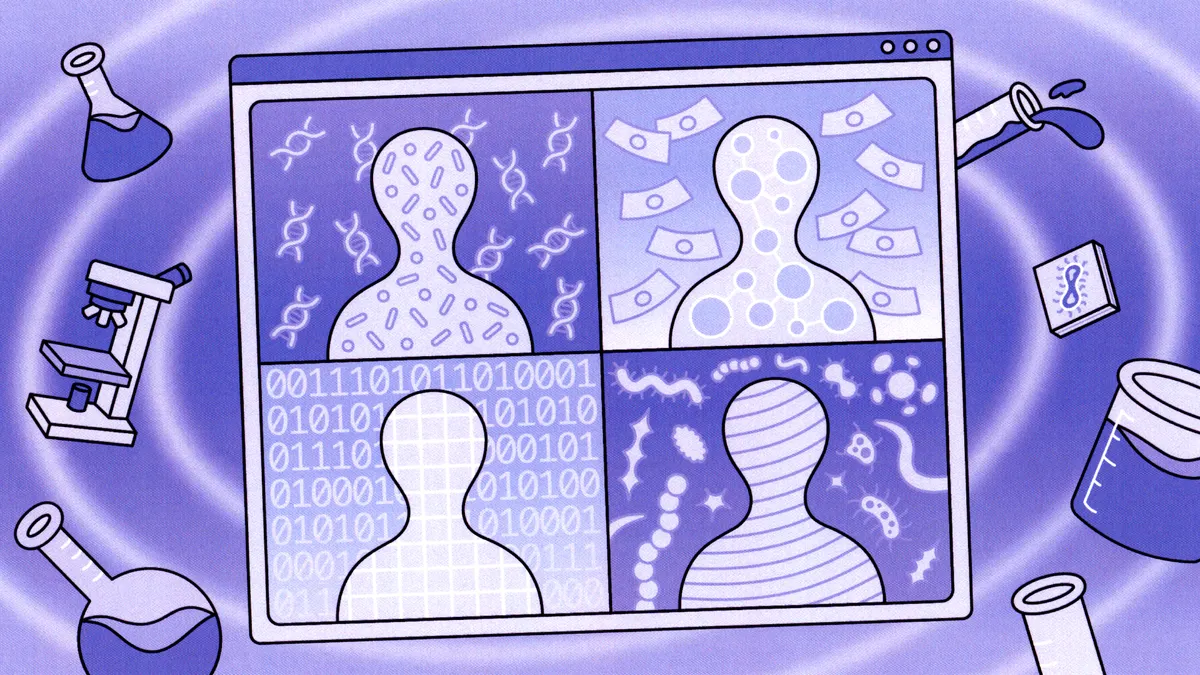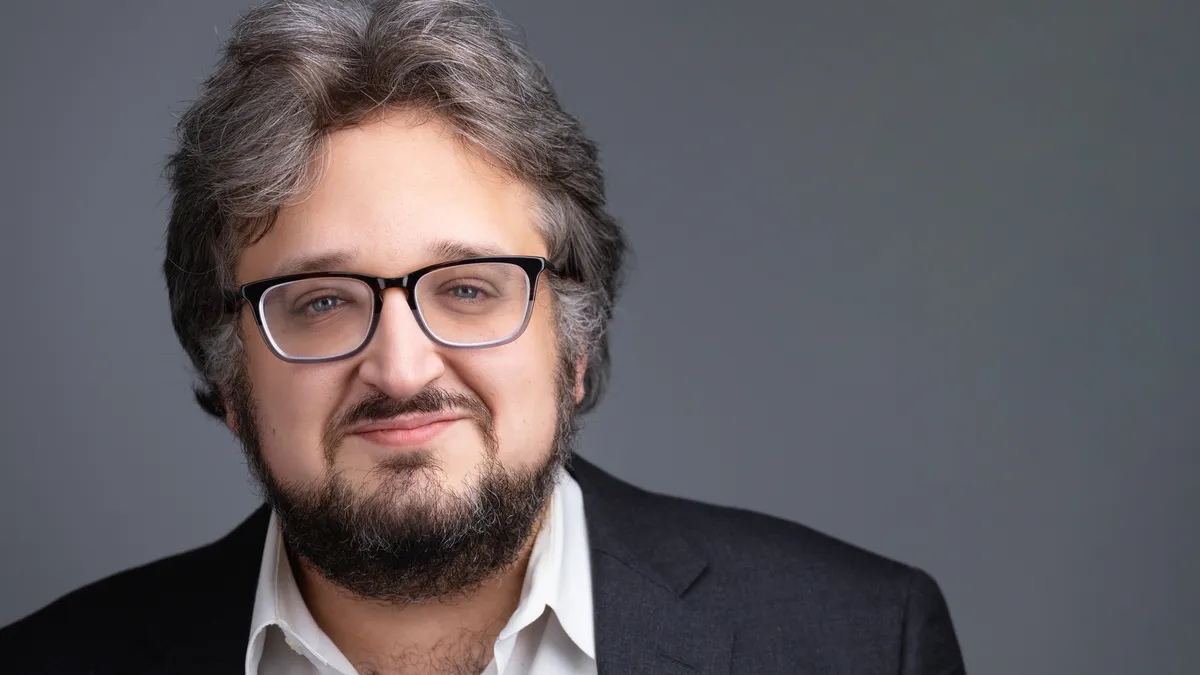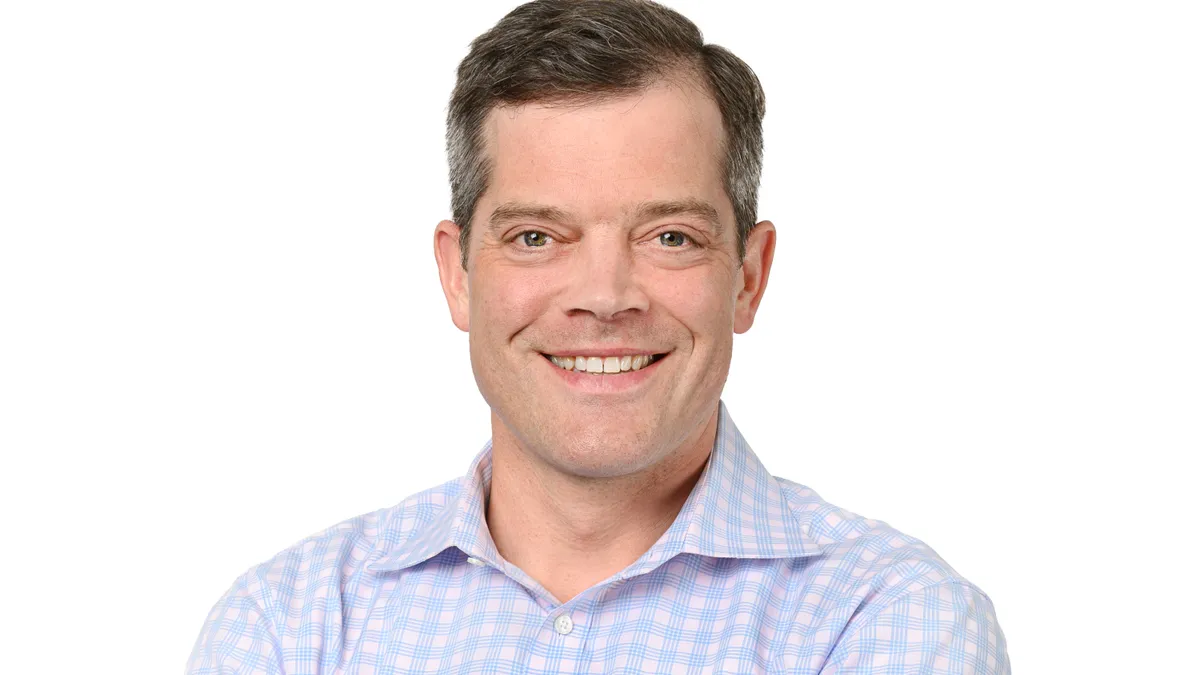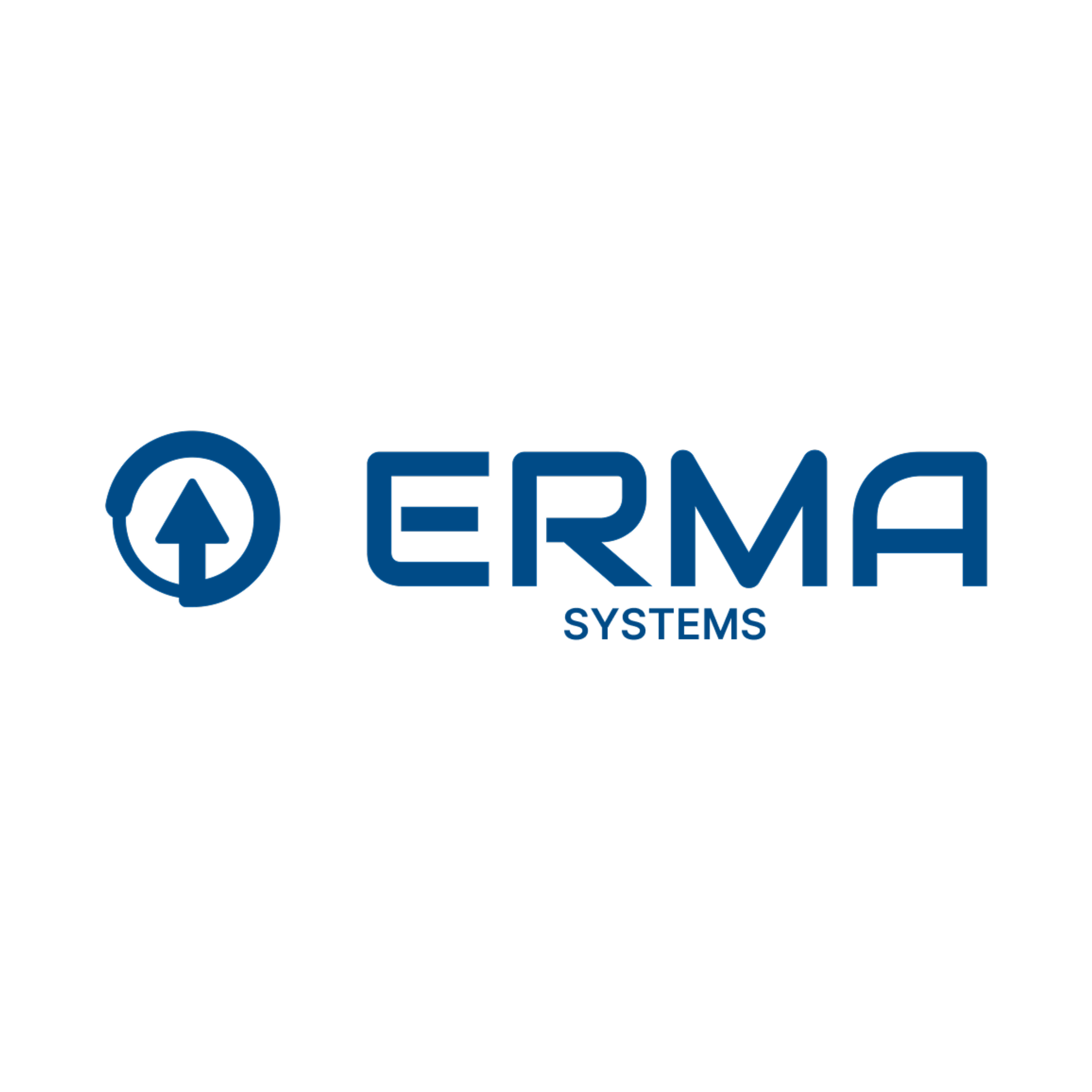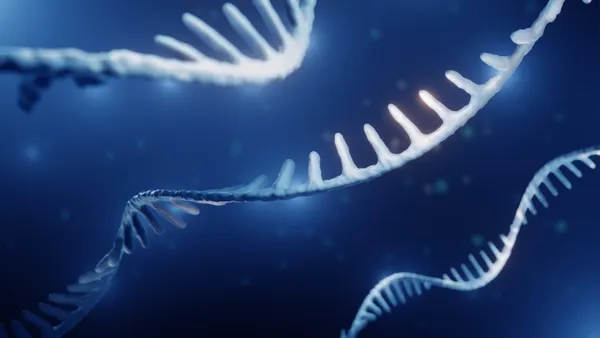Electra Therapeutics said Wednesday it raised a $183 million Series C round to propel its experimental drug for secondary hemophagocytic lymphohistiocytosis, a rare inflammatory disease, into further clinical testing.
Electra’s technology targets signal regulatory proteins, or SIRPs. Its lead drug, codenamed ELA026, works by depleting myeloid and T cells that express those proteins. It could be used as a potential first-line treatment for a condition that develops in some people with cancer or rheumatological diseases such as arthritis, the company said.
In secondary HLH, the immune system goes into overdrive, characterized by symptoms such as fever, jaundice, abdominal swelling, seizures, fatigue and low blood cell counts. If left untreated, it can lead to organ failure and death.
Currently, secondary HLH is treated with a combination of steroids, chemotherapy and anti-cytokine medicines. A drug developed by the Swedish pharmaceutical company Sobi was approved in 2018 to treat the primary, or inherited, form of HLH, but is only used in a subset of secondary HLH patients as a later treatment.
Last year, Electra presented results from a Phase 1b study of ELA026, showing that the monoclonal antibody was safe in cancer patients with secondary HLH. Electra is now testing its lead program in a Phase 2/3 trial, and will also evaluate the treatment in blood cancers.
“There is strong scientific rationale and fit between the disease pathology and the mechanism of the drug,” said Kathy Dong, Electra’s CEO. “In addition to that, there's just tremendous unmet need in this disease, and we saw a path to get to that clinical proof-of-concept and validation quickly.”

The biotech is also developing a treatment called ELA822 for immune conditions, though it has not disclosed which it plans to pursue yet. Dong said Electra’s technology could be broadly applicable to diseases such as Type 1 diabetes, multiple sclerosis and celiac disease.
Electra originally focused on a single program when it started as a subsidiary of Star Therapeutics’ hub-and-spoke model in 2018. In 2022, Electra raised $84 million in a Series B round, and in 2023, the company became operationally independent, Dong said.
Its Series C raise was co-led by Nextech and EQT Life Sciences, and includes backers such as Sanofi, HBM Healthcare Investments and Mubadala Capital.
“These encouraging results provide validation for targeting SIRP as a novel mechanism and position Electra to expand its application across immunology and oncology,” said Thomas Geninatti, a principal at Nextech, in a statement.



